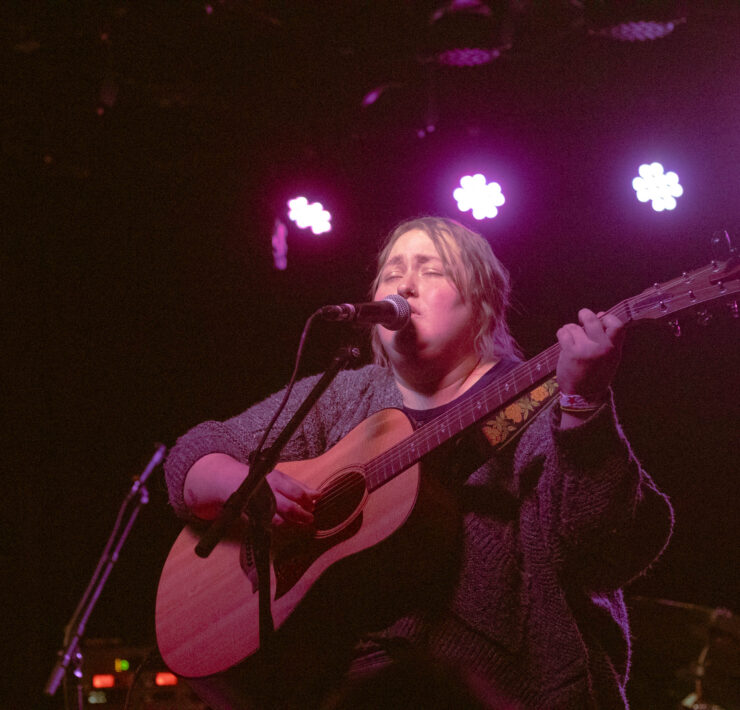LGBTQ People More Likely to Live in Poverty

Addison Herron-Wheeler is OUT FRONT's co-publisher and editor-in-chief and friend…
It’s no secret that queer folks suffer from more marginalization than straight people in a lot of ways, but often, LGBTQ people are assumed to be wealthy or have money. According to a recent study from the LGBTQ Poverty Collaborative, queer people are actually more likely to live in poverty.
The study takes on many aspects of queer poverty, including the facts that the average black trans person earns less than $10,000 a year; and that issues accessing food and housing, lower wages, and unemployment are all major issues in the LGBTQ community. According to the report, this is largely a silent issue because of the affluent, passing way the queer community often has to present in order to fight for rights.
“It’s been nearly 50 years since the Stonewall uprising, a series of demonstrations in New York City led by the most marginalized members of LGBTQ communities—among them a number of fierce transgender people of color and young people experiencing homelessness,” reads the report. “In the decades since, many advocates have stood on the shoulders of those who rose up at Stonewall, cultivating an image of our community that is wealthy, white, male, and monogamously partnered. This intentional cultivation was in some part a response to conservative attacks on our community that painted us as anti-family, but in equal parts it was a call to our community to assimilate into the cultural norms defined by our detractors and a perpetuation of racism and class bias.”
While that is clearly a problem in terms of representation, it is also not an accurate portrayal of the community. The report elaborates that 25% of LGBTQ people experienced a period last year when they could not feed their family or themselves, compared with 18% in the straight community. Further, the percentages of queer people experiencing the most poverty appear to be people of color and the elderly.
“Our community knows what poverty looks like,” Meghan Maury, policy director at the National LGBTQ Task Force and one of the report’s authors, told New Now Next. “This report gives a voice to the creative solutions queer and trans people have built to address systemic oppression.”
What's Your Reaction?
Addison Herron-Wheeler is OUT FRONT's co-publisher and editor-in-chief and friend to dogs everywhere. She enjoys long walks in the darkness away from any sources of sunlight, rainy days, and painfully dry comedy. She also covers cannabis and heavy metal, and is author of Wicked Woman: Women in Metal from the 1960s to Now and Respirator, a short story collection.










